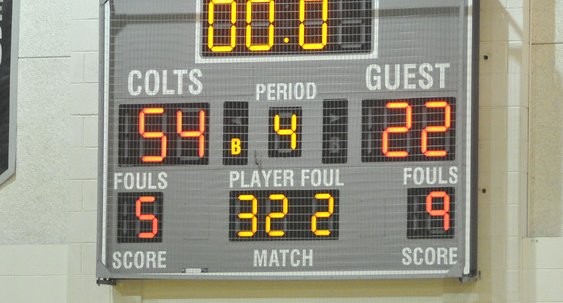This weekend my son’s basketball team got a good, old-fashion, butt-kicking. They lost. Handily. As the Coach, I spent most of the weekend trying to figure out why. Where did we go wrong? What do we need to do to be better?
I ended up back at the last game, our last win. The prior weekend, we dished out a hefty loss to another team. After complimenting the team, giving out high fives and fist bumps on a job well done, I asked each player to practice shooting and dribbling on their own before the next practice (5 days later). At the next practice, I asked who did a little extra that week – only 2 players, out of 9, raised their hands. And no, my son was not one of them. We went through practice, worked on skills we needed to improve. At the end of practice, I again asked that each player practice dribbling and shooting before our next game, in 2 days. After our loss, I looked at the disappointed faces in the huddle and asked who did a little extra to prepare for the game. There was only 1 player. 1 player out of 9.
There’s never only one reason why a team doesn’t win or does win. In this game, we failed to compete. We prepared to play, but we didn’t prepare to win and that’s why we lost.

As I thought more about it, this happens in business all the time. There are organizations that despite the promise of product or talent, just don’t end up in the win column. How do you know if you’re in an organization that plays, but doesn’t compete?
I’ve intentionally listed these in reverse order to help you trace back where your organization may be failing to compete.
- Execution – Is everyone on the team continuously improving their skills, using what they have practiced, and following the plan to produce the best outcomes? The plan may change during the course of the game, and the other inputs should change to match too.
- Practice – Is the organization working on the things that are the most important to achieving the goals (i.e. sales, revenue, customer retention targets)? If not, then you could be practicing the wrong things or wasting time.
- Preparation – How do you, as a team member, prepare to come to work every day? What do you do to grow and improve your skills to help the team win?
- Leadership – What’s the game plan? Have they sized up the competition, determined how the strengths and weaknesses of the organization can match up against the competition? If not, how do you know what to practice?
- Goals – Have clear goals been set (i.e. sales, revenue, customer retention targets)? If not, how do you know what you are trying to achieve? Better yet, how do you know if you’ve not achieved them?
- Organizational Knowledge Retention – After a loss, is there a post-game debrief to discuss lessons learned and avoid those outcomes in the future? Or does corporate amnesia lead to repeat results?
Most people will blame losses on the execution and that may be true in some cases, but in most scenarios, I would argue it starts much earlier. It goes back to your last win.
Does your company prepare to play or prepare to win?
_______
Ready to Compete?
If you are ready to grow and want to improve your ability to compete, let’s talk.
Tiffany Rosik, with TGR Management Consulting, is focused on helping accelerate customer success for software companies in the healthcare industry. Connect or follow Tiffany Rosik on LinkedIn.




